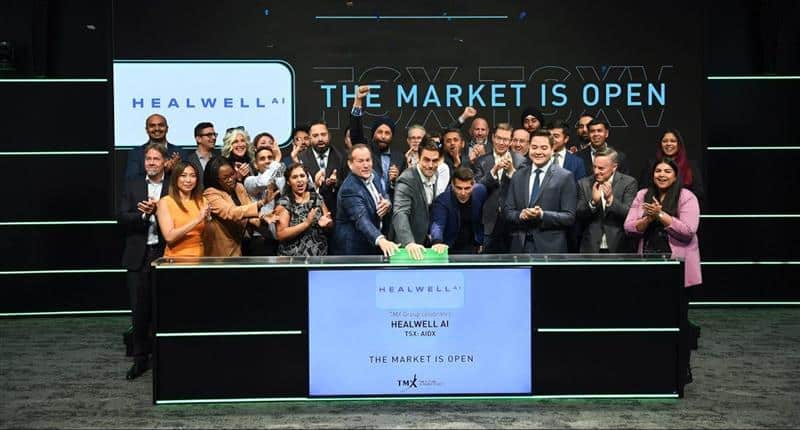

More businesses will be using machine learning to get the job done in 2018, while over 15 million Canadians will be using their smartphones to create augmented reality content.
That’s according to Deloitte’s 17th annual Technology, Media & Telecommunications (TMT) Predictions, which this year reprises 2017’s emphasis on AI and machine learning, along with highlighting smartphone tech, digital media and in-flight connectivity, all of which will see advances in 2018.
“Deloitte is predicting yet another machine learning big bang,” says Duncan Stewart, Director of TMT Research for Deloitte Canada, in conversation with Cantech Letter. Stewart says the visible change will be in the number of companies of all sizes that will be able to take advantage of machine learning, due to an industry shift away from graphics processing units (GPUs) to using more advanced chips to power their massive data-crunching systems. “These new chips are allowing machine learning to be done a lot more cheaply, particularly when it comes to power consumption, and so it expands the market for the product,” says Stewart.
Take for example the photo tagging capabilities available on most smart phones. The machine learning behind that face recognition program is now being extended to recognizing pets in photos, a signal that the technology has now become more widely and more cheaply available. “The algorithms are now so inexpensive and so easy to use that companies are now letting you use that tremendous power to tag your dog and cat, essentially for free,” says Stewart.
Stewart says that Canada is well-positioned to take advantage of the boom in machine learning. “The growth will be on the hardware side, whereas Canada is traditionally better at AI and machine learning on the software side,” says Stewart. “But we’ll benefit, as we’ll be able to run our AI on better, cheaper chips, so it’s a tailwind for the Canadian AI industry,” says Stewart.
The cable TV cord-cutting trend will also continue in 2018 but at no greater a pace than in earlier years. According to the report, TV viewing by 18 to 24 year olds in Canada will fall by about 10 per cent over both 2018 and 2019, as other entertainment sources such as social media and video piracy are even now reaching their saturation points.
And while market and advertising companies continue to find ingenious new ways to put ads in front of our faces (and we keep trying to avoid them), the percentage of Canadians who are “adlergic” is actually small, says the report, which finds that while about three quarter of Canadians use some mechanism to block digital advertising (on their web browser, for instance), only about six per cent block four or more ads, equivalent to about half of their exposure to digital ads.
“Deloitte is predicting that the kinds of advertisements that are the hardest to ad-block are going to be the fastest growing,” says Stewart, “and that includes everything from product placement inside a video game to event sponsorship to out-of-home ads like billboards.”
Will the near future bring about major changes to our beloved smartphones? Not on the outside, at least. “You’re going to have the same physical cameras, the same screen size and battery life as before,” says Stewart. “All that won’t change, but you’ll be getting better pictures, better mapping, better security, all the things that are under the hood, so to speak,” he says.
Leave a Reply
You must be logged in to post a comment.



 Share
Share Tweet
Tweet Share
Share




Comment